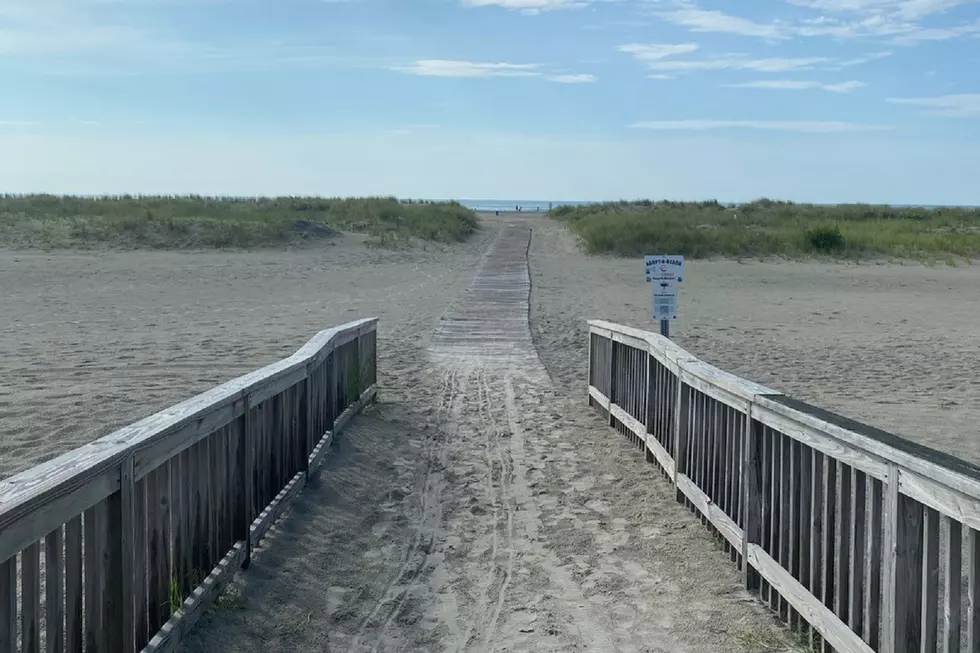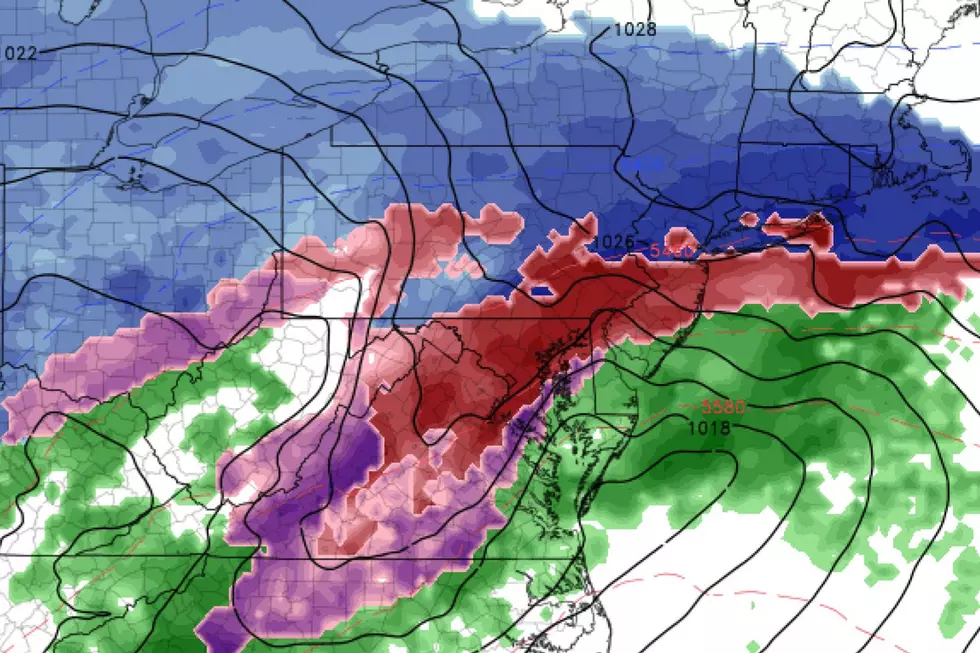
New Jersey Fuel Prices Skyrocket & It Will Cost You In Many Ways
As the cost of fuel rises, travel is not the only thing negatively impacted. As a father, a husband, and a hard-working New Jerseyan these skyrocketing costs frustrate me. Based on history, I know what follows soon after. Here are just a few of the ways that rising gas prices will hurt you and your family.
JB - 92.7 WOBM Afternoons 3 pm to 7 pm - Townsquare Media
Gas gods, send us some good vibes. It's not looking good here in New Jersey and across the United States. Fuel prices are going up. FAST. As of today, February 16th of 2021, AAA reports that the national average of regular gas is $2.519 and in New Jersey it is $2.676. Sadly, that's the 9th highest in the United States. Ocean County's among the most expensive in the state with an average of $2.713 per gallon and Monmouth County is not far behind at $2.698. Gas is more expensive here than in New York. Ugg. On November 11th of 2020, New Jersey gas prices were $2.17 per gallon. That's according to New Jersey 101.5. Doing the math, gas has risen 50 cents per gallon in just over 3 months. That's a 23% rise. Outrageous!
Why are gas prices going up? There's a couple of main factors.
- Optimism. Jim Garrity from AAA says, "Garrity said vaccines create a sense of optimism and that optimism translates into more people traveling, driving, flying and going on cruises. That, in turn, creates a higher demand for crude oil to power cars, planes and boats."
- Bad Weather. Several states have been hit hard by winter weather, including snow in of all places Texas. Business Insider shares, "The frigid temperatures have hit oil production and natural gas supplies and led to a surge in demand for energy, causing prices to spike." When oil can't be produced, gas prices rise.
- Opec Cut Production. The Organization of the Petroleum Exporting Countries has slowed production. Patrick De Haan of GasBuddy explains, "Prices are going up significantly not just because demand is up, but because Opec has cut production in the last 12 months because of the pandemic."
- Keystone Pipeline Suspension. President Biden used an executive order to put an end to it and pause new oil and gas leasing in our Arctic wilderness. However, PolitiFact has experts that dispute that this will have a negative impact on gas prices.
What does this mean to us?
- The cost of most things (product and services) eventually goes up, starting with travel-related costs.
- This means it costs more to drive to work. This isn't just for Jane and John Doe that drive their car but for Bob and Beth that use public transportation.
- This means it costs more to go on vacation.
- This means any business that relies on shipping products has rising costs.
- This means that they pass their costs onto consumers (us) with higher prices.
- This means that people have less money to pay other bills and less money for entertainment and fun.
- This means that inflation starts.
- This means that the economic recovery slows or stalls.
- This means that inflation starts.
- This means that people have less money to pay other bills and less money for entertainment and fun.
- This means that they pass their costs onto consumers (us) with higher prices.
OK. Maybe I've gone too far and maybe I'm exaggerating but here's a strong article from Investopedia on 'How Gas Prices Affect The Economy.' I do know this, anytime the price of something rises for me, personally, it comes at the expense of something else of positive value for my family. Keep those costs low! I'll be sending positive vibes to the gas gods.
UP NEXT: See how much gasoline cost the year you started driving

See the Must-Drive Roads in Every State
More From Beach Radio









